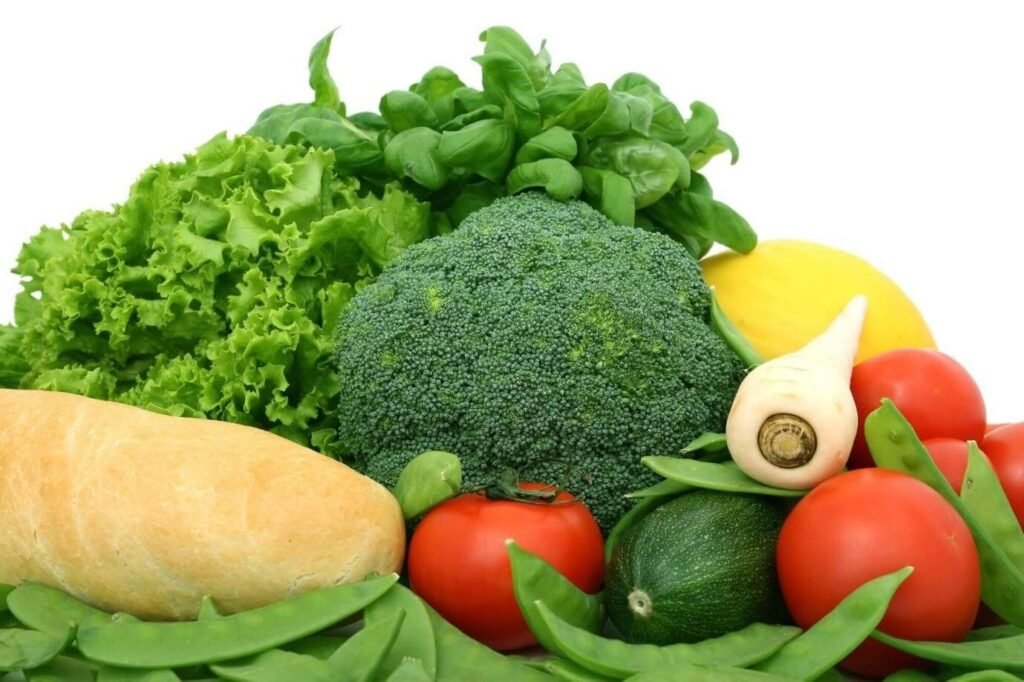Organic is one of those words that’s thrown around a lot these days. It’s often used by companies in an attempt to get consumers to purchase their product over their competitors. Or justify charging more money for a certain product.
But, the word organic is often used incorrectly by companies and misunderstood by consumers. This can lead to poor purchasing decisions and the spread of even more misinformation. That’s why today, we want to talk about what makes food organic.
What are the health benefits of organic food when it’s really organic, and what should you look out for when you’re buying organic? This guide will break down everything you need to know. Read on to find out how and why you should eat organic food now.
What Makes Food Organic?
At the root of it all, the word organic refers to the way in which food is grown. Organic food is any food that is said to have been grown without the use of synthetic fertilizers and pesticides. This is a simplified definition, but in order to receive the USDA-certified organic stamp, a food needs to meet a lot of criteria.
The USDA stipulates guidelines regarding animal welfare, soil quality, pest and weed control, and the use of additives. Once a crop or meat product has met all of the standards, it’s eligible for organic certification.
The USA is actually one of the worst offenders in terms of its use of harmful pesticides. This is why many consumers are more careful in their selection of the foods they eat and try to eat organic where possible.
Why You Should Eat Organic Food
The USA’s less than stellar track record with using harmful additives and pesticides is just one of the reasons that you should try and buy organic where possible. When you choose organic produce, you’re protecting yourself from harmful chemicals, but you’re also supporting organic farming practices and taking your support away from products made in a dangerous way.
As well as this, the health benefits of organic food are numerous. Many of the pesticides used by non-organic farmers are thought to be carcinogens, which means buying organic could decrease your risk of certain cancers.
According to a study in the British Journal of Nutrition, organic milk and meat products can have up to 50% more omega-3 fatty acids than traditional produce. You’re also guaranteed your meat and milk will be free from antibiotics or synthetic hormones.
Consciously choosing organic is also a great way to get yourself to eat more fruits and vegetables. Products such as Superfood Powder does double duty in this regard—helping you up your fruit and veggie intake while making sure you’re supporting organic producers.
Choose Organic and Choose a More Healthy Lifestyle
Hopefully, this article has managed to shed some light on the not always straightforward question “what makes food organic?”. Make sure to always do plenty of research on any products you buy and always support businesses you trust. If you’re looking for more fun food facts, check out the rest of our content now.
